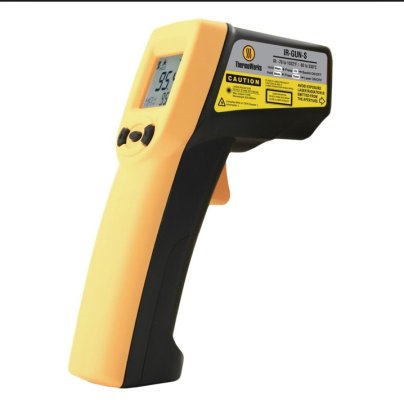Capthead--- If you got a coolant temperature change after simply changing oil types I would be very suspicious that you've got a thermostat problem or a developing one. Either a faulty thermostat or the wrong rating for the engine.
Note my raw water pump change and the results from it described in my previous post. If this radical change in the volume of cooling water going through the heat exchangers didn't change the engines' coolant temperature at all, then even if your engine does run a tad cooler from the oil change, it should not be enough to overcome the effect of the thermostat unless you've got the wrong one or a failing one in the engine.
And if the synthetic oil actually HAS lowered the coolant temperature despite the best efforts of the thermostat then one can conclude that it has had a significant lowering of the combustion chamber temperatures and that, in a diesel, is Not Good.
Note my raw water pump change and the results from it described in my previous post. If this radical change in the volume of cooling water going through the heat exchangers didn't change the engines' coolant temperature at all, then even if your engine does run a tad cooler from the oil change, it should not be enough to overcome the effect of the thermostat unless you've got the wrong one or a failing one in the engine.
And if the synthetic oil actually HAS lowered the coolant temperature despite the best efforts of the thermostat then one can conclude that it has had a significant lowering of the combustion chamber temperatures and that, in a diesel, is Not Good.
Last edited:




